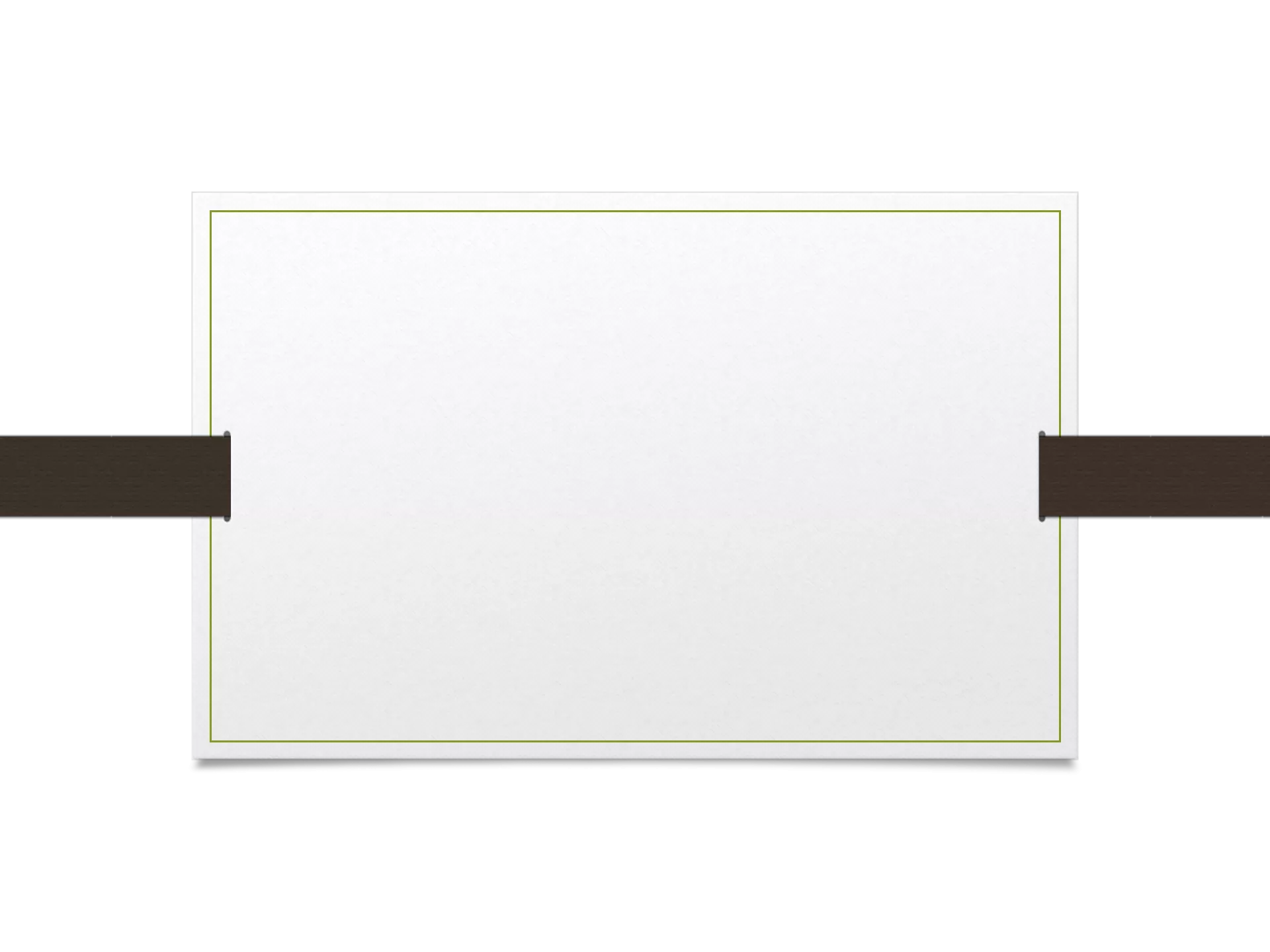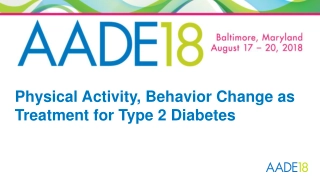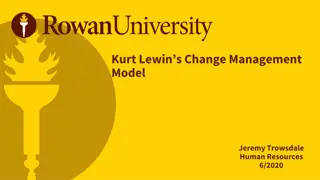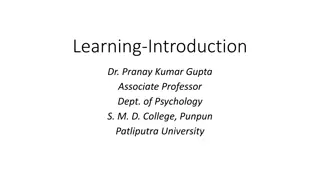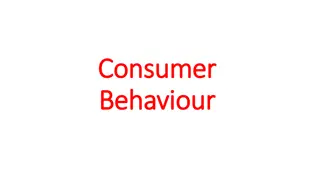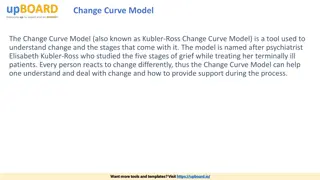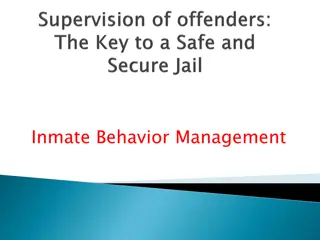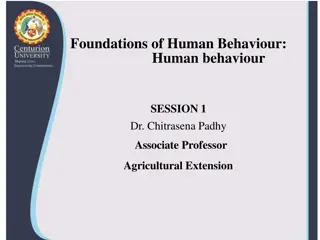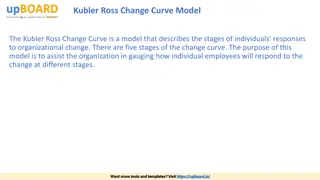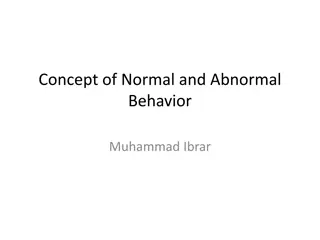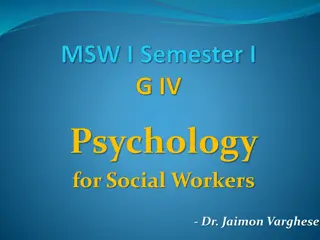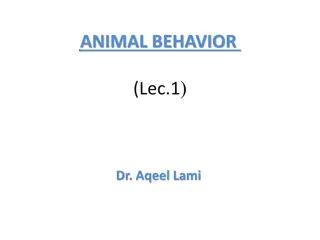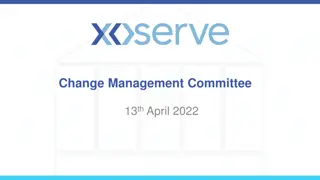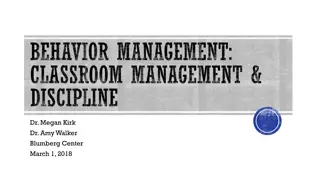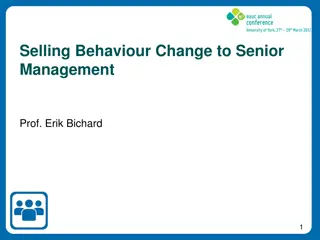Behavior change
The Florida Department of Health leverages data from the Agency for Health Care Administration to enhance public health initiatives. Through a Memorandum of Understanding since 2009, AHCA and DOH exchange data on hospital discharges, births, deaths, and fetal deaths. The data is used for various public health projects, including surveillance, quality improvement in maternal and infant health care, environmental health tracking, and more. The partnership aims to improve health outcomes and decision-making in Florida.
Download Presentation

Please find below an Image/Link to download the presentation.
The content on the website is provided AS IS for your information and personal use only. It may not be sold, licensed, or shared on other websites without obtaining consent from the author.If you encounter any issues during the download, it is possible that the publisher has removed the file from their server.
You are allowed to download the files provided on this website for personal or commercial use, subject to the condition that they are used lawfully. All files are the property of their respective owners.
The content on the website is provided AS IS for your information and personal use only. It may not be sold, licensed, or shared on other websites without obtaining consent from the author.
E N D
Presentation Transcript
Behavior change Theories of Behavior Change PowerPoint 2
Lecture One Concepts and Theories of Behavioral Change
Lecture Outline Behavior Change Theories Why Theories and Models in One Health? Application of Theories in Behavior Change PRECEDE-PROCEED (Green and Kreuter) Social-Ecological Model for Evaluation of Spheres of Influence Behavior Concepts at Individual Level Behavior Concepts at Community Level Using Theory to Plan Multilevel Interventions
Behavior Change Theories A theory is a set of concepts, definitions, and propositions used for systematic view of events or situations Theories allow explanation of events or situations Different theories work in different situations but combinations of theories are often most effective The most prevalent theories exist for behavior change 1. Learning theories 2. Social Cognitive Theory 3. Theories of Reasoned Action and Planned Behaviour 4. Trans-theoretical Model 5. Health Action Process Approach
Why Theories and Models in One Health? Builds clarity in understanding targeted health behavior and environmental context. Directs program planning - why, what and how? Directs evaluation as integral part Explanatory Theory = Theory of the Problem (Health Belief Model, the Theory of Planned Behavior, Precaution Adoption Process Model) Change Theory = Theory of Action (Ex: Community Organization, Diffusion of Innovations)
Behavior Concepts at Individual AND Intrapersonal Level 1) Behavior is mediated by cognitions; that is, what people know and think affects how they act. 2) Knowledge is necessary for, but not sufficient to produce, most behavior changes. 3) Perceptions, motivations, skills, and the social environment are key influences on behavior.
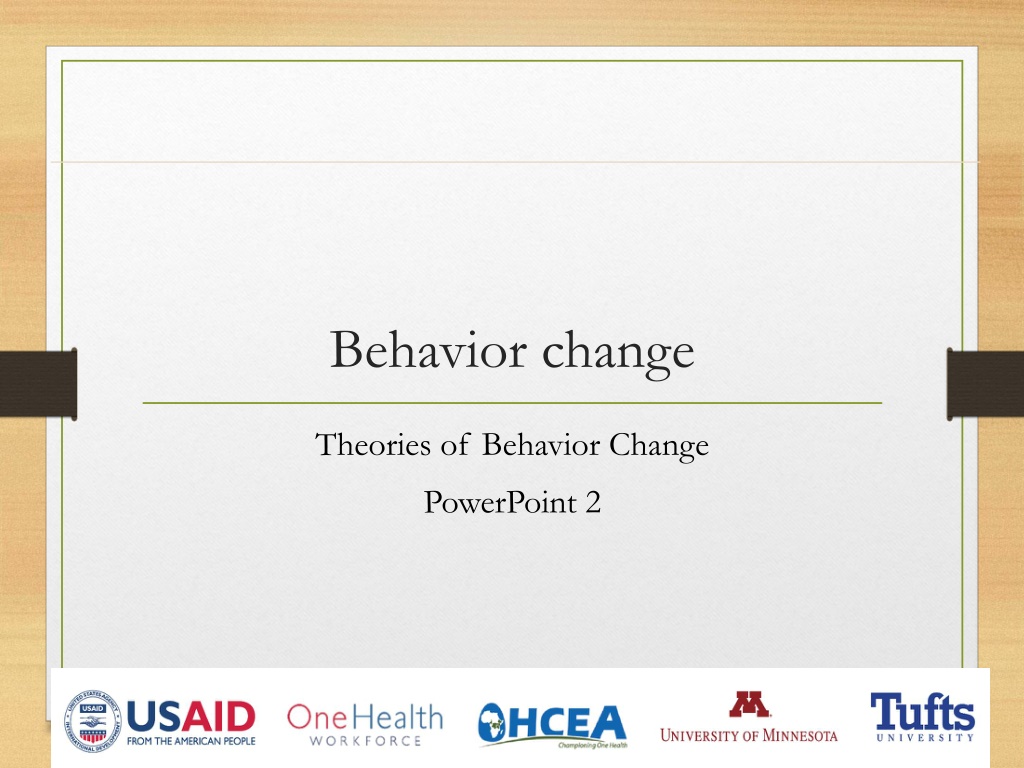








 undefined
undefined